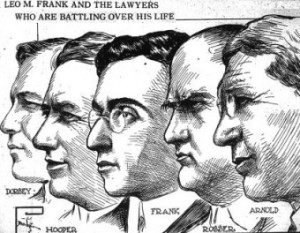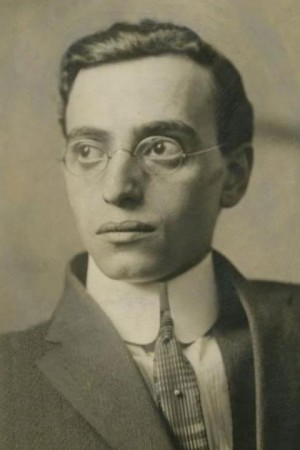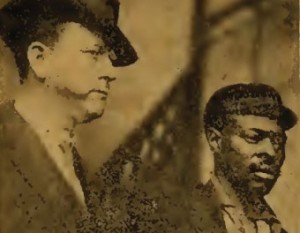 Another in our series of new transcriptions of contemporary articles on the Leo Frank case.
Another in our series of new transcriptions of contemporary articles on the Leo Frank case.
The Atlanta Constitution
Wednesday, June 25, 1913
Date of Trial Changed From June 30 Until July 28 at Plea of Attorneys for Defense.
The first appearance in open court of the indictment against Leo M. Frank for the murder of Mary Phagan came yesterday afternoon when Judge L. S. Roan, presiding over the criminal division of superior court, summoned attorneys for both sides, and after a hearing changed the date of trial from June 30, as set by Solicitor Hugh M. Dorsey, to July 28.
This and the legal move by the defense in serving upon Solicitor Dorsey, Police Chief James L. Beavers, Detective Chief Newport Lanford and other detectives and officials for the state, with formal subpoenas duces tecum, commanding them to bring to court all affidavits they may have which bear upon the state’s case against Frank, were the only changes in the present situation.
Judge Roan also decided that the trial of Frank would be held not in the regular room in which he holds his division of court, but in one of the rooms in which the civil division of the superior court sits.
Where Trial Will be Held.
This was done, the judge explained, because the ceiling is very low in the courtroom in the Thrower building, where his court regularly sits, and the room is ventilated by windows only on one side. The trial will be held, according to present plans, in one of the courtrooms in the old city hall, corner South Pryor and East Hunter streets, where the ceilings are higher and windows can be thrown open on both sides of the room to allow ventilation. Continue Reading →



 Another in
Another in 



 Another in
Another in 



 Another in
Another in  Another in
Another in  Another in
Another in 


